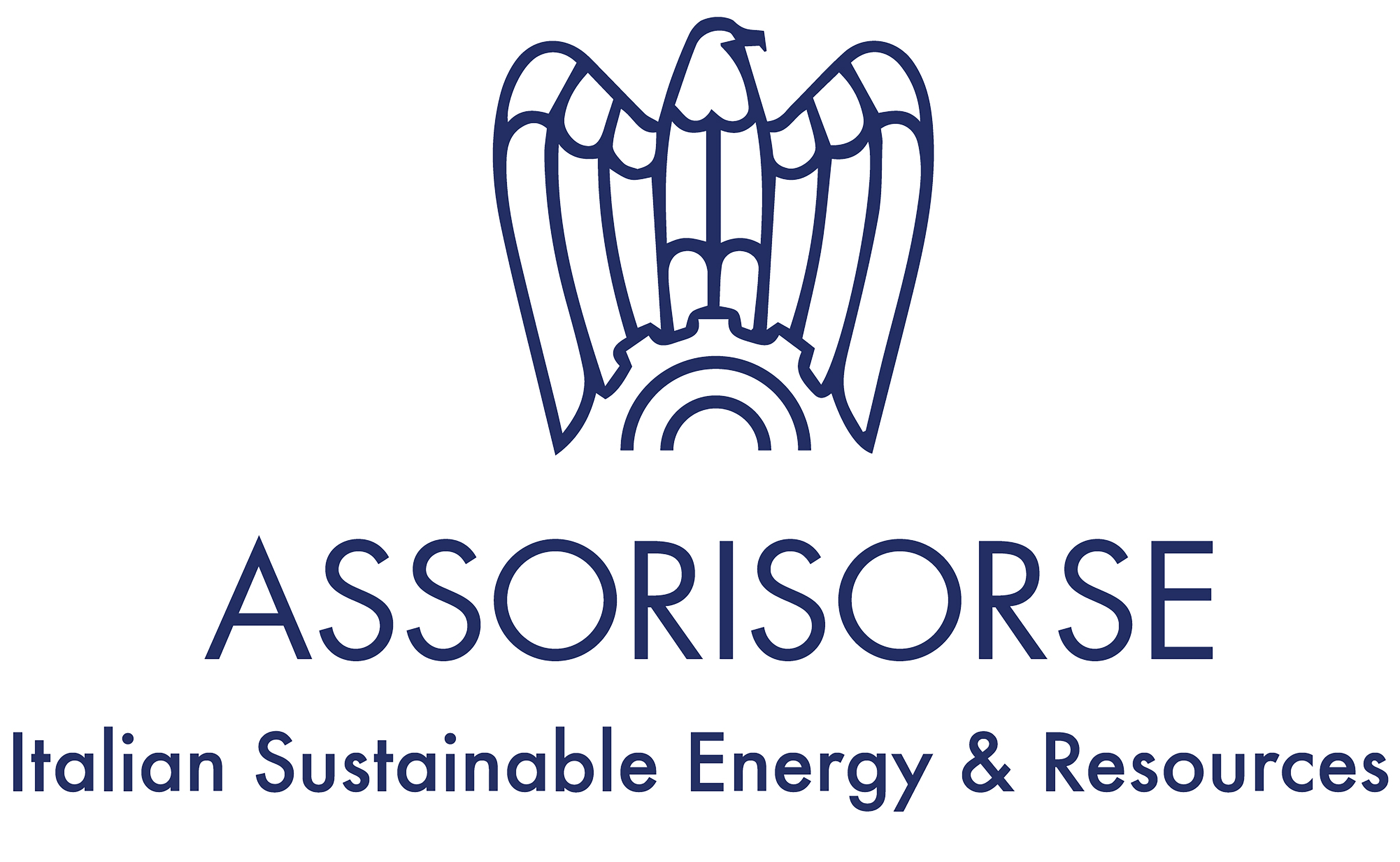-
Exhibition
Exhibition
With over 1,000 exhibitors, Gastech provides a global platform for businesses from across the energy value chain to demonstrate their latest solutions and cutting-edge technologies directly to global industry leaders, decision-makers and financiers.
Learn more -
Conferences
Conferences
The Gastech Conferences serve as a critical platform for the industry, inspiring policy development, collective action, and knowledge sharing with the potential to drive technical innovation. These conferences are designed to support sustainable economic growth and deliver tangible global energy solutions.
Learn more - AI::Energy
- Climatetech
- Hydrogen
-
Gastech Energy Club
Gastech Energy Club
The Gastech Energy Club is a prestigious, members-only platform uniting Ministers, government officials, c-suite executives, and board members from world-leading energy companies.
Learn more -
Content & Media Hub
Content & Media Hub
Explore the latest news and insights from the world’s largest exhibition and conference for natural gas, LNG, hydrogen, climate technologies, and AI in energy.
Learn more













































